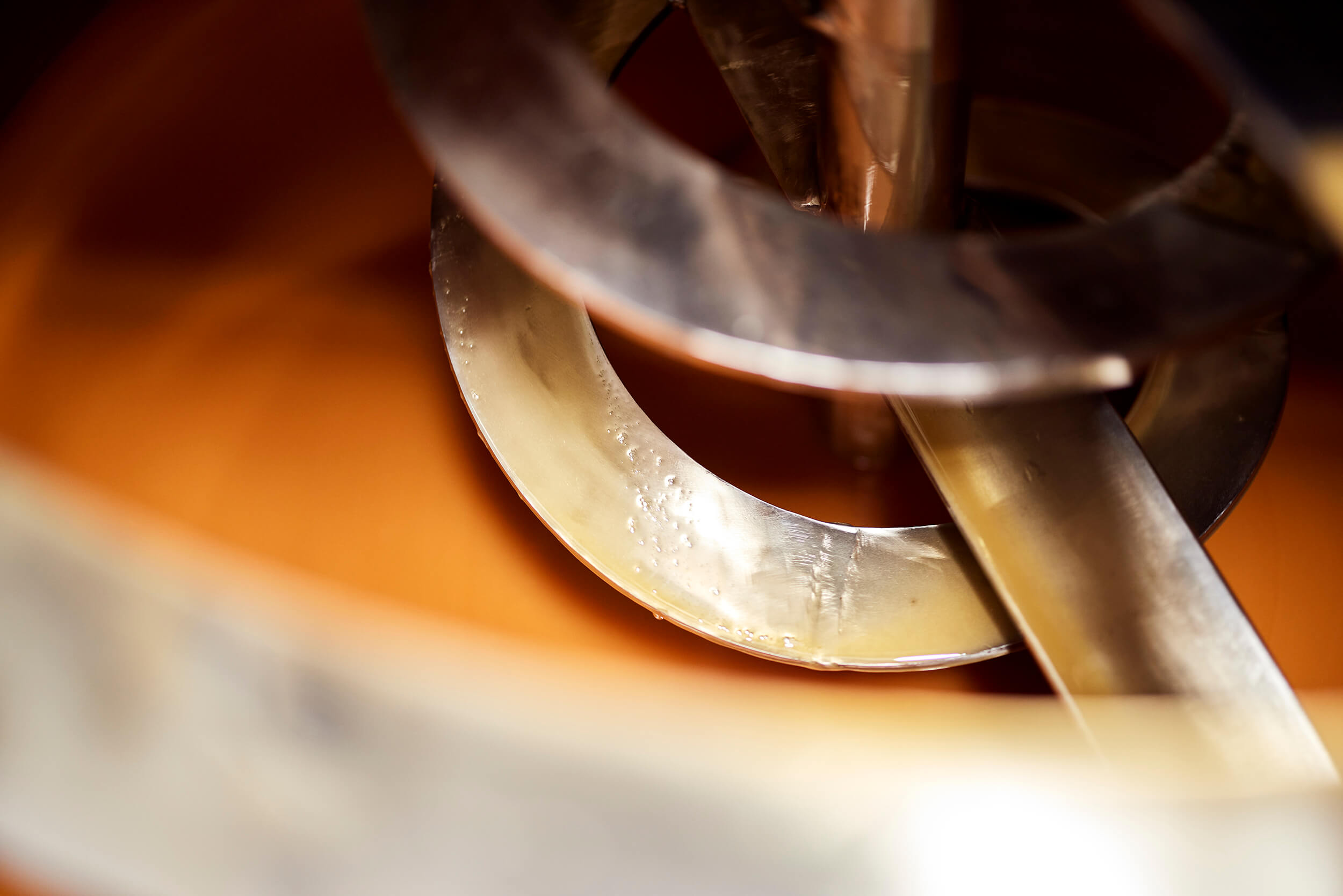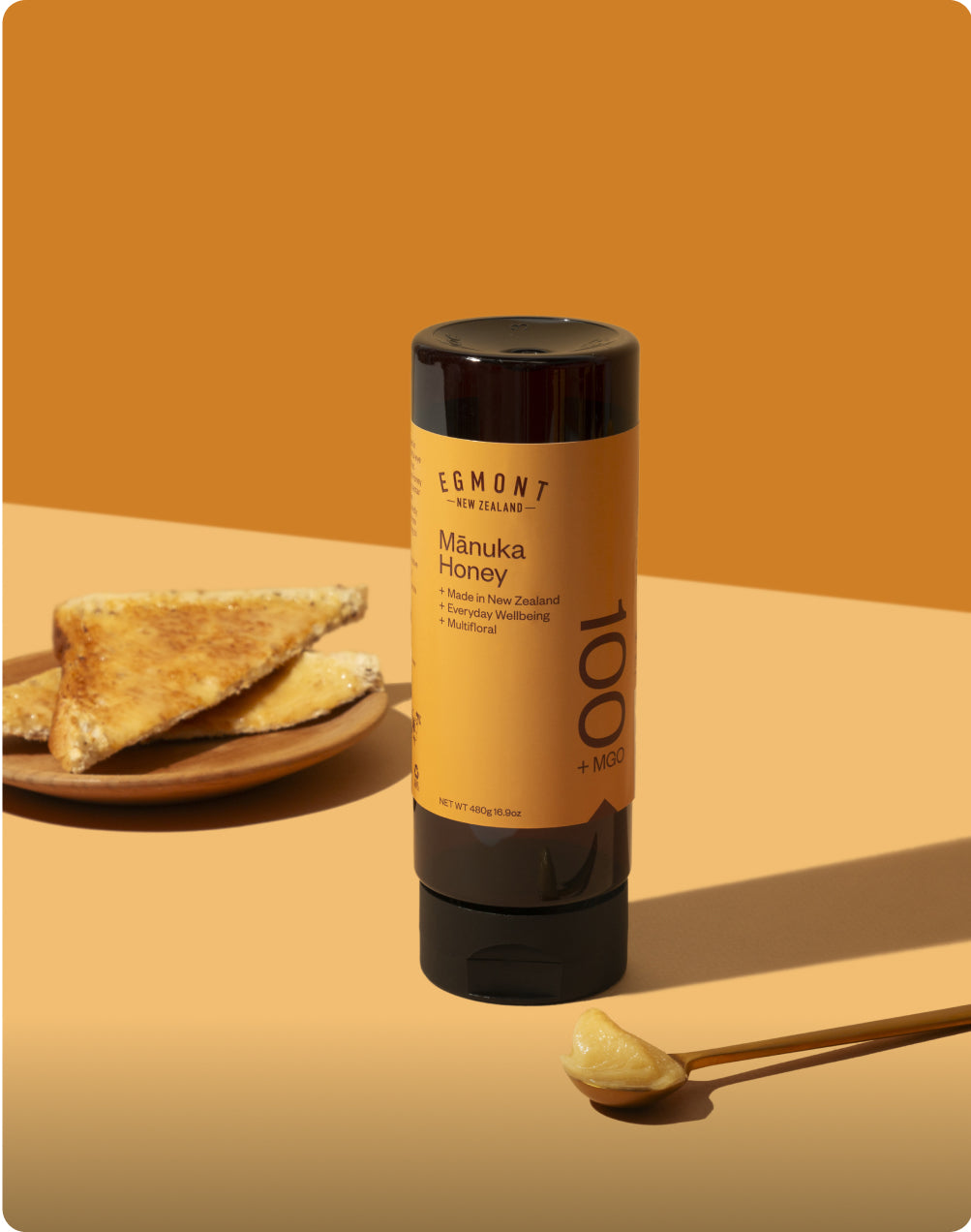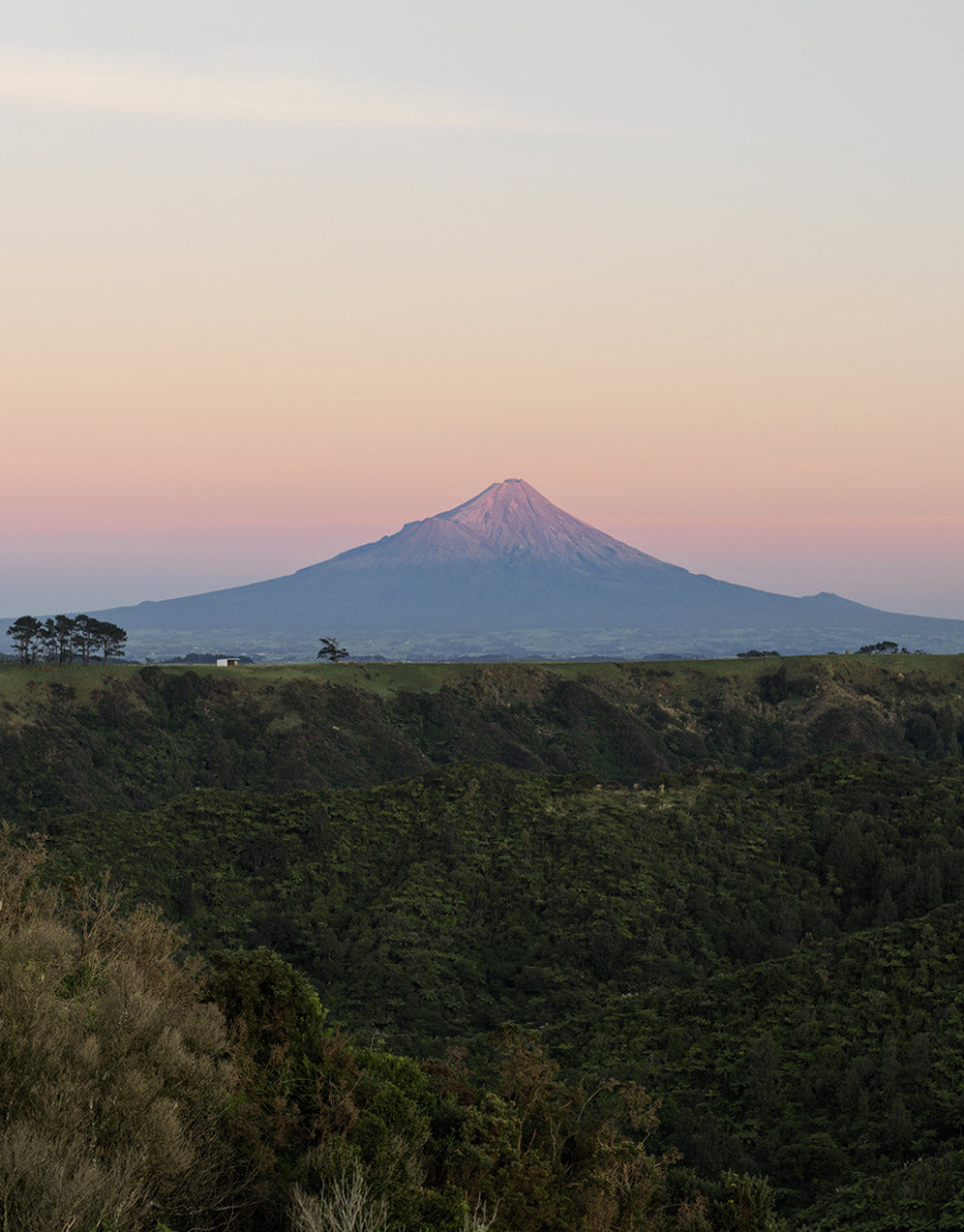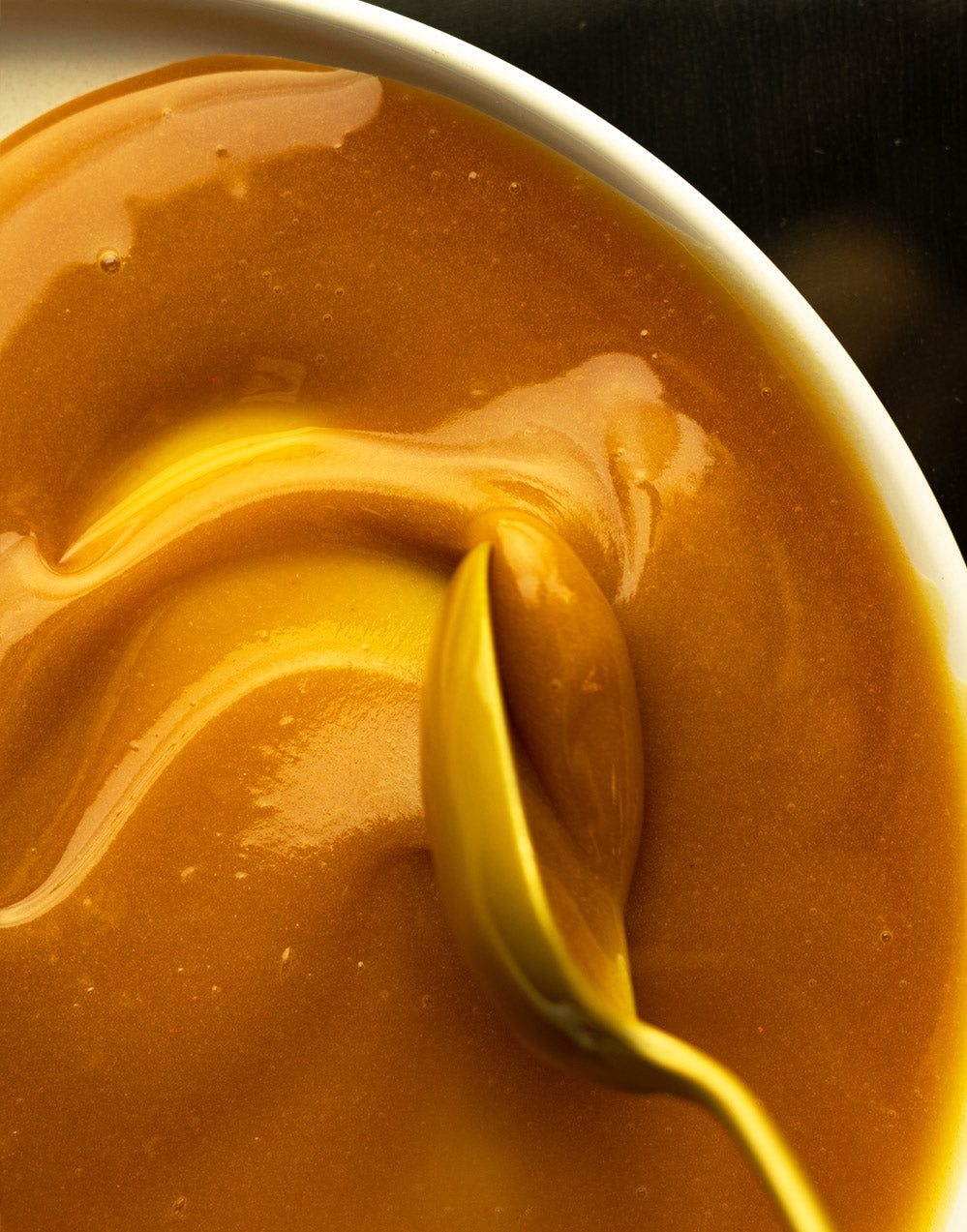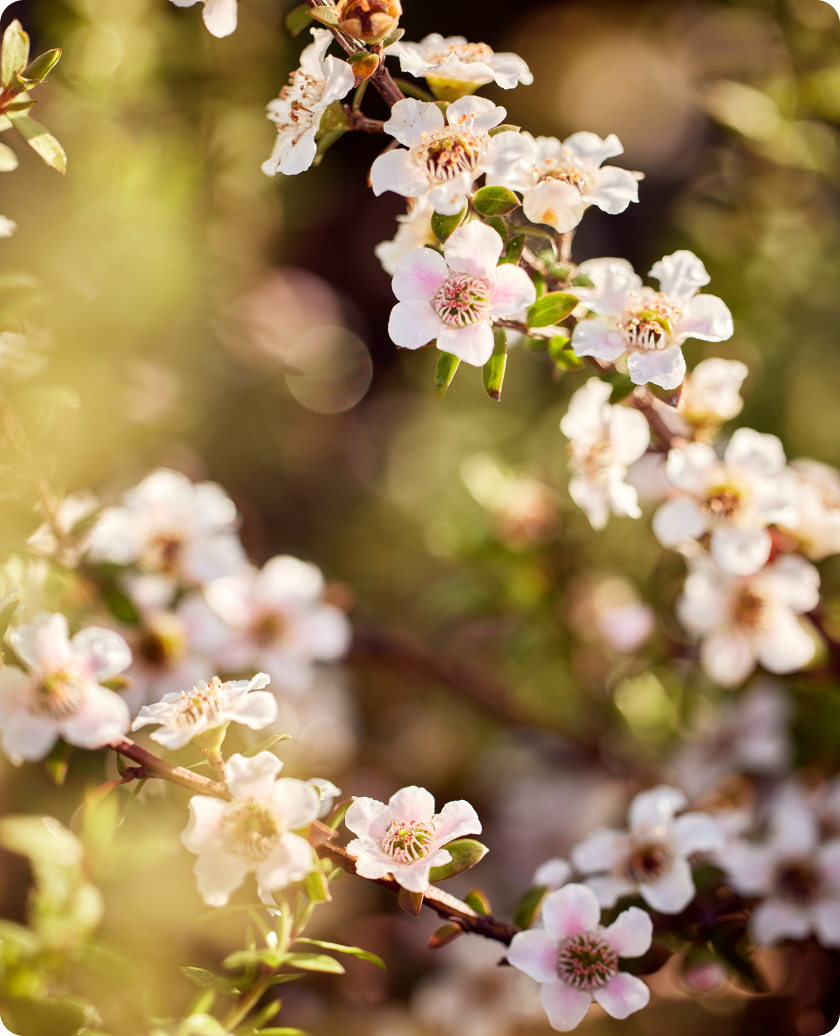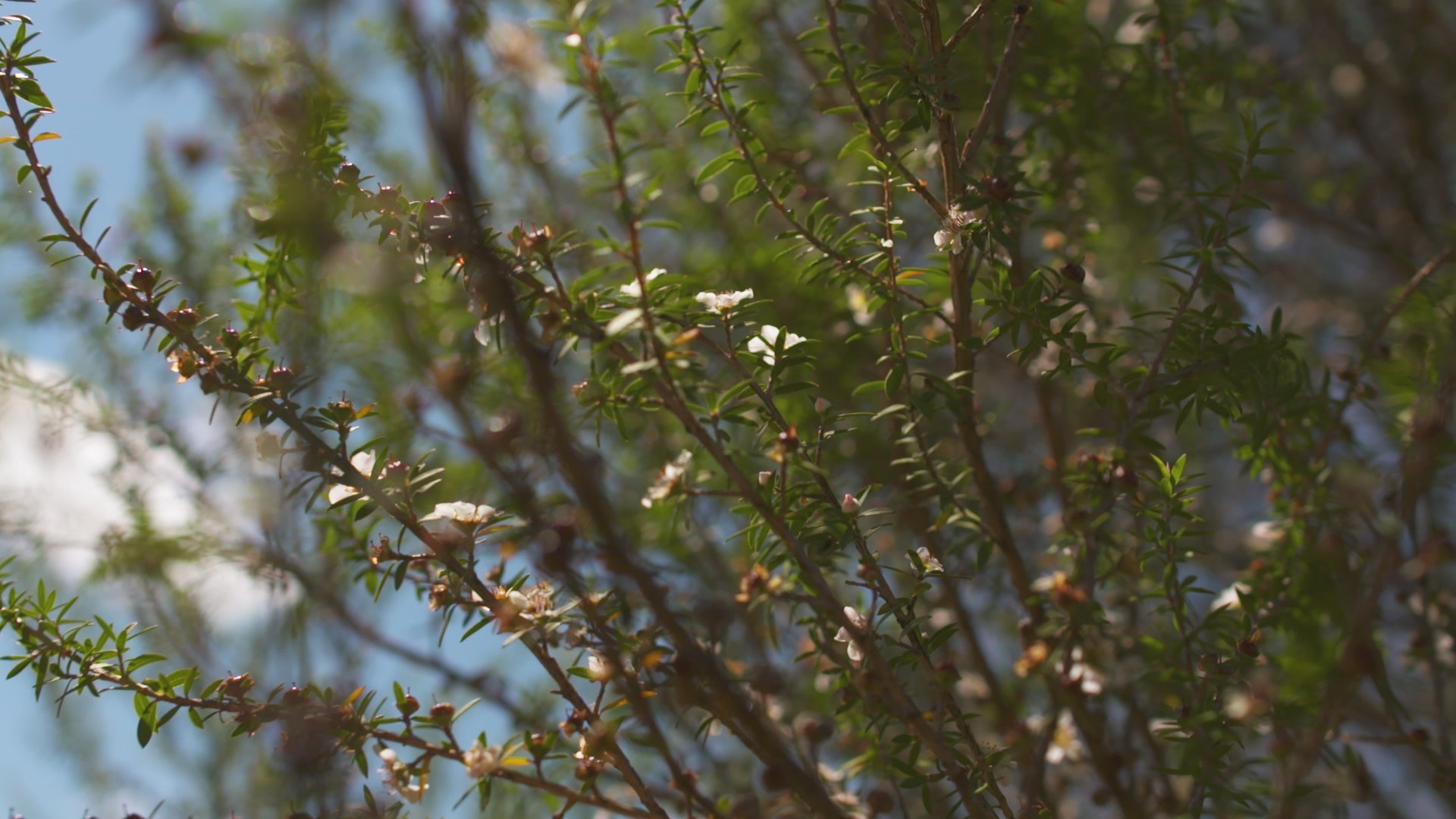
Humble Beginnings
Egmont Honey began from humble beginnings. A beehive may seem like an unusual present, but for committed conservationist Toby Annabell, it was perfect.

It began in 2008
A beehive may seem like an unusual present, but for committed conservationist Toby Annabell, it was perfect. Gifted by his son James, this hive sparked a passion for authentic Mānuka Honey and ethical beekeeping.
This passion fuelled the growth of that single hive into 100, then 1,000, and eventually the 4,000 that are now nestled into the native bush of the Annabell’s South Taranaki farm. Dense, rich honey flows straight to our purpose-built factory right here in New Plymouth, Taranaki.
Just like any good hive, our factory has its own worker bees. Our amazing team oversees the filling and labelling of up to 15,000 honey jars per day. It's bottled here, and shipped everywhere; with our honey now being exported to over 20 countries, people all over the world are enjoying the West Coast on their toast.
Despite the wild growth of Egmont Honey, the founding Annabell duo are still fiercely hands on, with James as CEO and Toby as Operations Director.
Our Founders
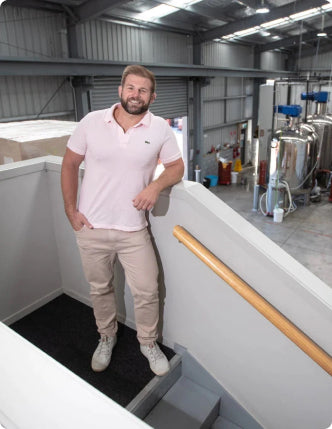
James Annabell
Founder & CEO
James has been in the honey industry for some time, and fell into his first role while based in Hong Kong playing professional rugby. During his time abroad he developed the Asian market for two of New Zealand's largest honey companies.
“After building up a significant number of bee hives with Toby, I decided to leave the more corporate companies to concentrate 100% of my time on developing the Egmont Honey brand and working with our private label customers.”
James now oversees a large team based in Taranaki, and continues to drive growth and innovation with just as much passion as when the business was first formed.
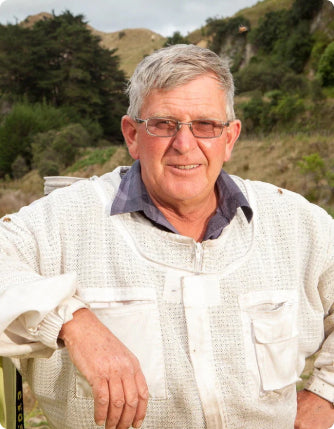
Toby Annabell
Co-founder and Operations Director
Toby has over 40 years of experience in the rural sector. He grew up on a sheep and beef farm in the Waitotara Valley which is now home to thousands of bee hives collecting Mānuka Honey.
Toby went on to become a sheep and beef farmer himself and recently sold an agricultural contracting business to focus solely on sustainable honey production for Egmont Honey.
“I am passionate about producing honey for our consumers. I enjoy the rewards of producing a sustainable product and increasing the bee population with our aggressive expansion of hive numbers."
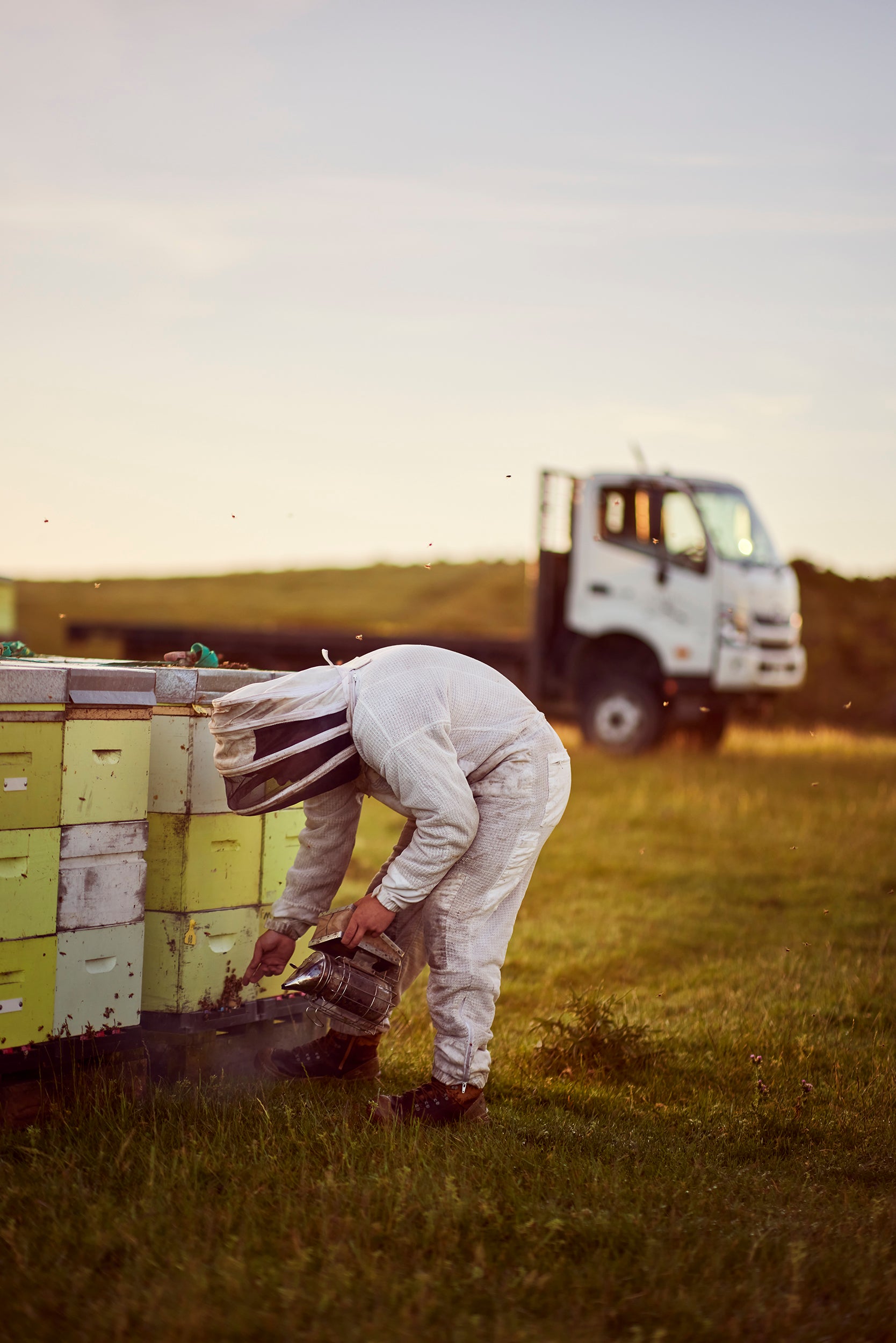
Meet the Makers
It takes a whole community to get our honey from the hive to the jar. Watch our series on the key people who make it happen - from the landowners and helicopter pilots, to our beekeepers and honeymakers.
Landowner / Farmer Chris Frewin
From cutting to planting
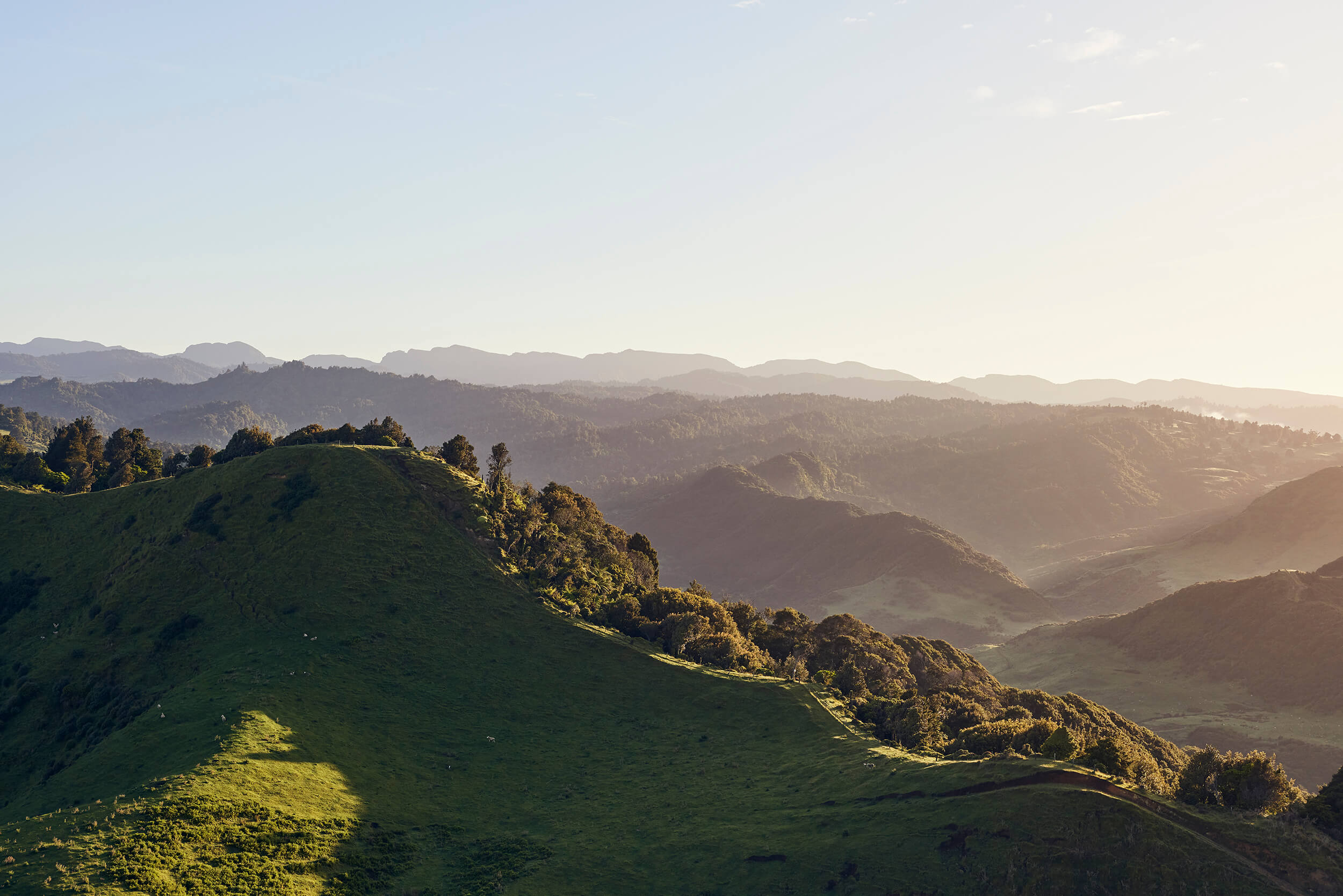
Helicopter Pilot / Paul Greene
Transporting hives

Co-Founder / Toby Annabell
And Operations Director
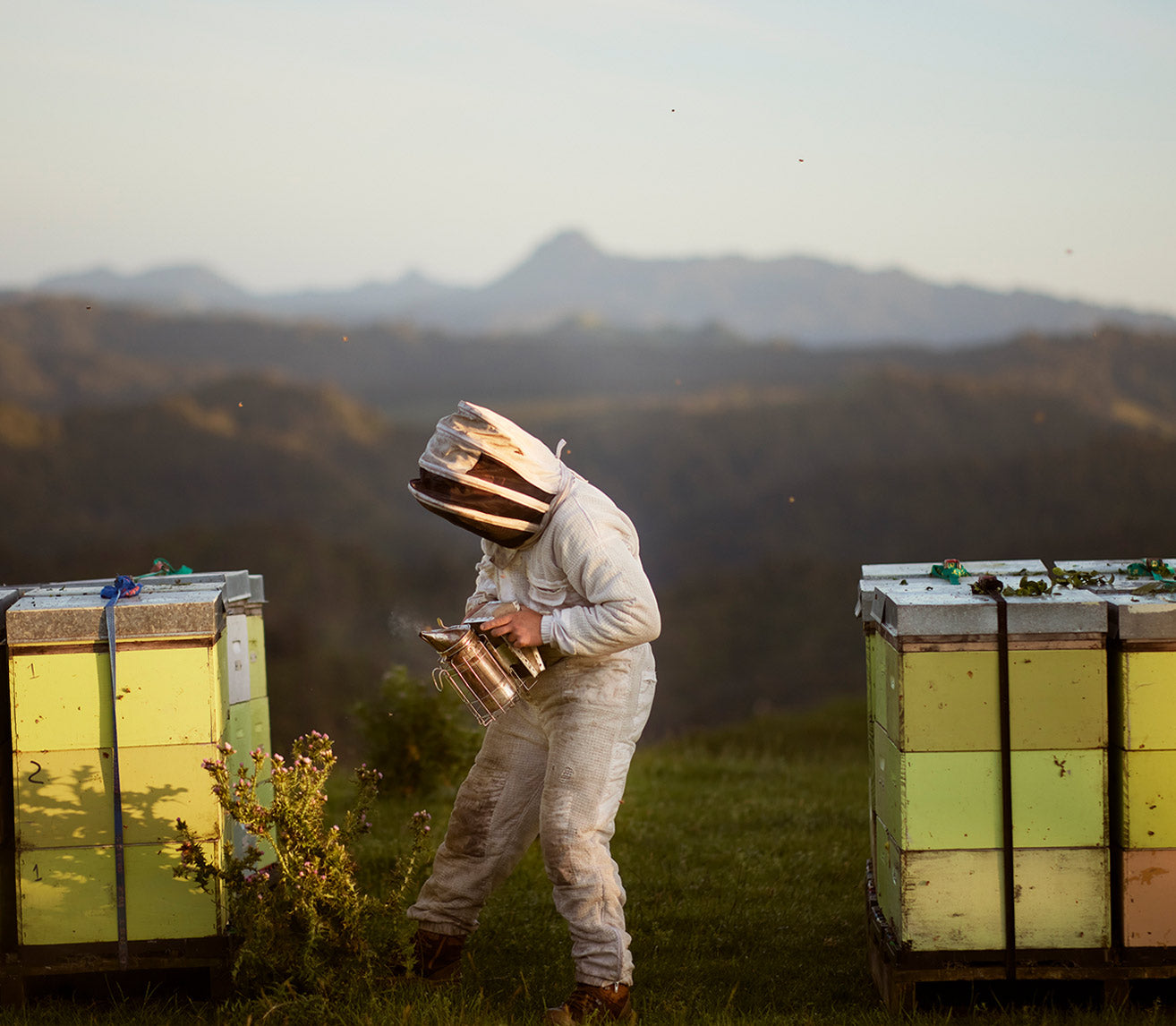
Honey Maker / Jason Biggs
The production of the honey
